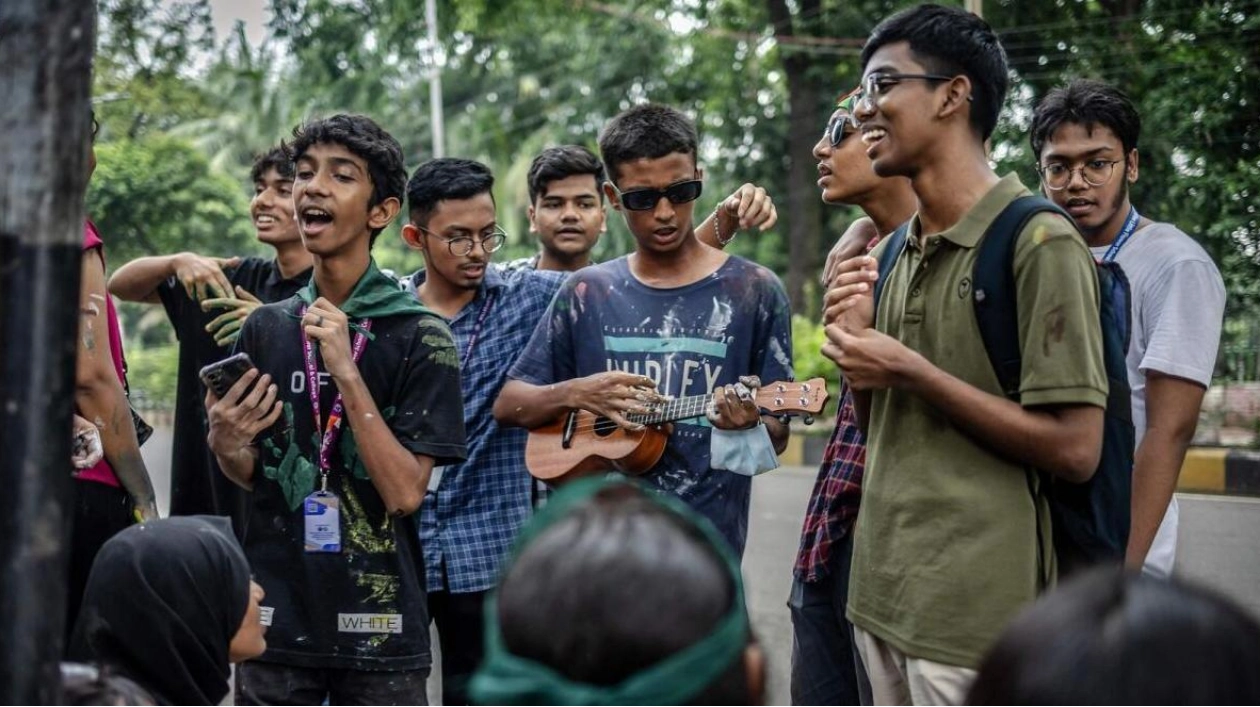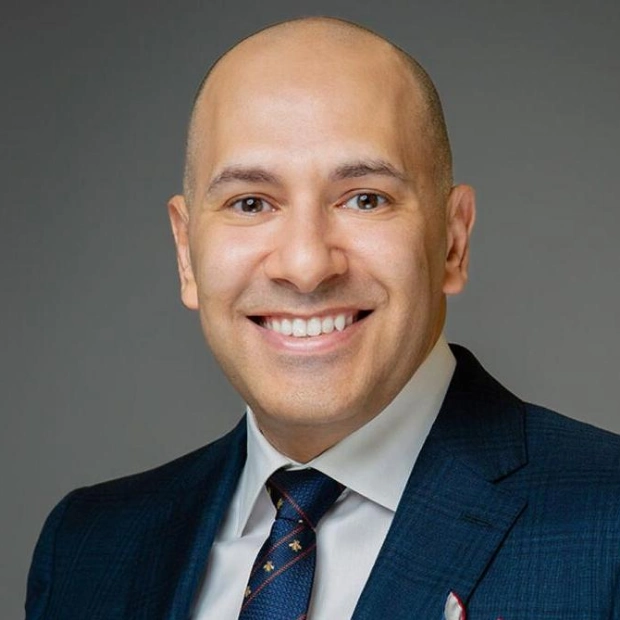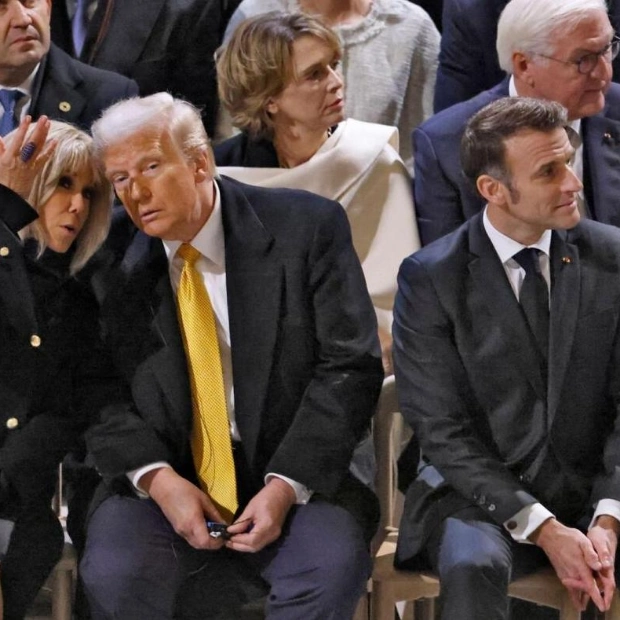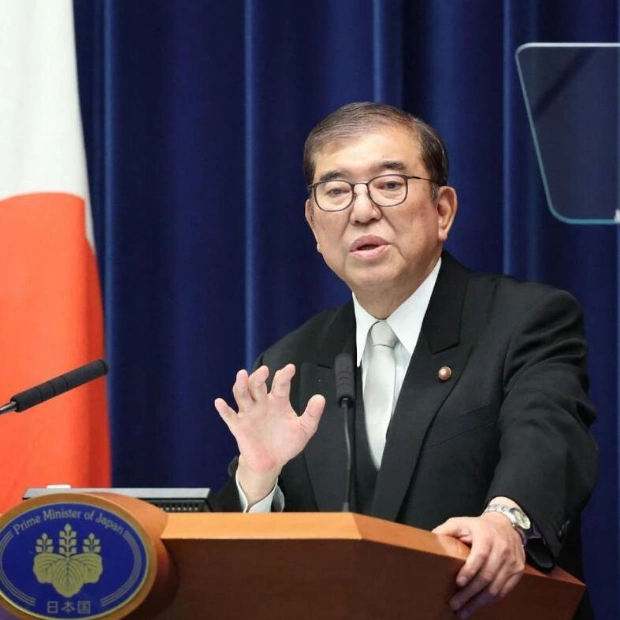The streets of Dhaka are currently experiencing an unusual phenomenon. Numerous students have assumed the responsibility of managing traffic in the capital city of Bangladesh, following a tumultuous period that saw Sheikh Hasina step down as Prime Minister and the establishment of an interim government headed by Nobel Peace Laureate Muhammad Yunus. The demonstrations, initially triggered by calls for an updated quota system, drew thousands of students from various universities and educational institutions onto the streets, demanding reforms from the previous Awami League government under Hasina.
The protests, which turned violent, persisted for several months, with recent weeks reporting multiple fatalities according to local media. With the interim government now in place in Dhaka, led by Yunus, students have taken it upon themselves to manage the traffic congestion outside the Parliament of Bangladesh. Volunteers from a range of academic backgrounds, including engineering and medicine, are contributing to this effort. Bashir, a student volunteer overseeing traffic near the Bangladesh Parliament, explained that with schools and universities currently closed, students are filling the gap.
"We have over 50 students here managing the traffic... The police will take over when we need to go back to our studies. Currently, schools and colleges are closed... but the police will be here soon," he stated. Bashir also emphasized the need for elections in Bangladesh. "For now, we are the only ones available to manage the country. The movement was justified. Elections should be held...," he added. Protesters hope that their previously overlooked demands may now gain the attention they deserve from the new interim government.
Students anticipate that the authorities will not only address their demands but also strive to enhance Bangladesh's democratic framework. Sheikh Hasina departed Bangladesh on August 5 after resigning amidst escalating protests. These protests, originally focused on the government job quota system, expanded into broader anti-government movements. The unrest began in early July, driven by demands to reform the quota system that allocates civil service jobs to specific groups, including descendants of 1971 war veterans.
Muhammad Yunus, the Nobel laureate economist, was inaugurated as the head of Bangladesh's interim government on August 8, just three days after Hasina's resignation.






